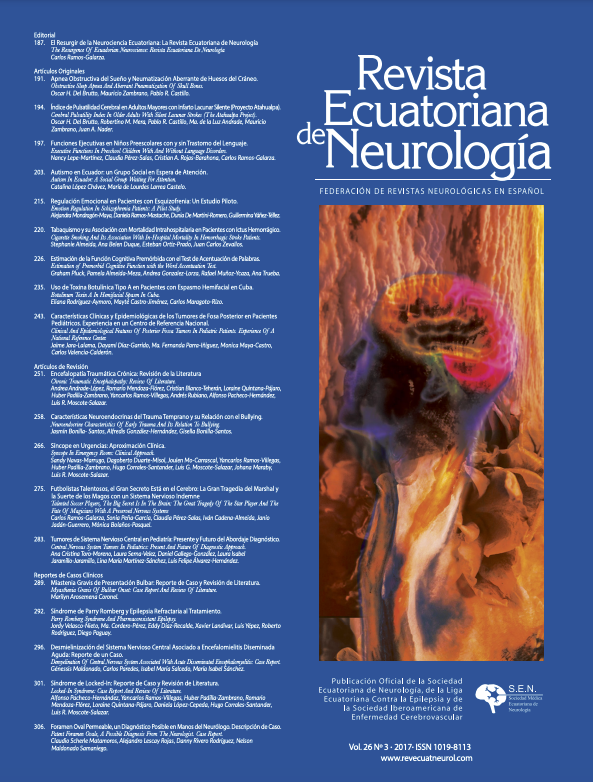Abstract
The objectives of this study were to compare the executive functions (attention, flexibility, inhibitory control, planning and working memory) of preschool children with and without language disorder and to define a profile of executive functions. The design is non-experimental for descriptive/comparative purposes. The sample consisted of 105 children. The group with language disorder was composed of 31 children and 19 girls, average age 4.68 years, of Special Language Schools. The group without language disorder was composed of 15 children and 24 girls, average age 4.98 years, of Public Schools of the city of Concepcion in Chile.
The results show that there is statistically significant evidence to state that the scores obtained by children with language disorders are lower than their peers without language disorder in all the executive functions evaluated, which supports the current literature on the subject. Regarding the profile of executive functions, the function that could predict the presence of language disorder in a preschool is the executive planning function.
It is interesting to continue deepening the profile of executive functions in children with language disorder and their specific relationship with the linguistic problems that these children have.

